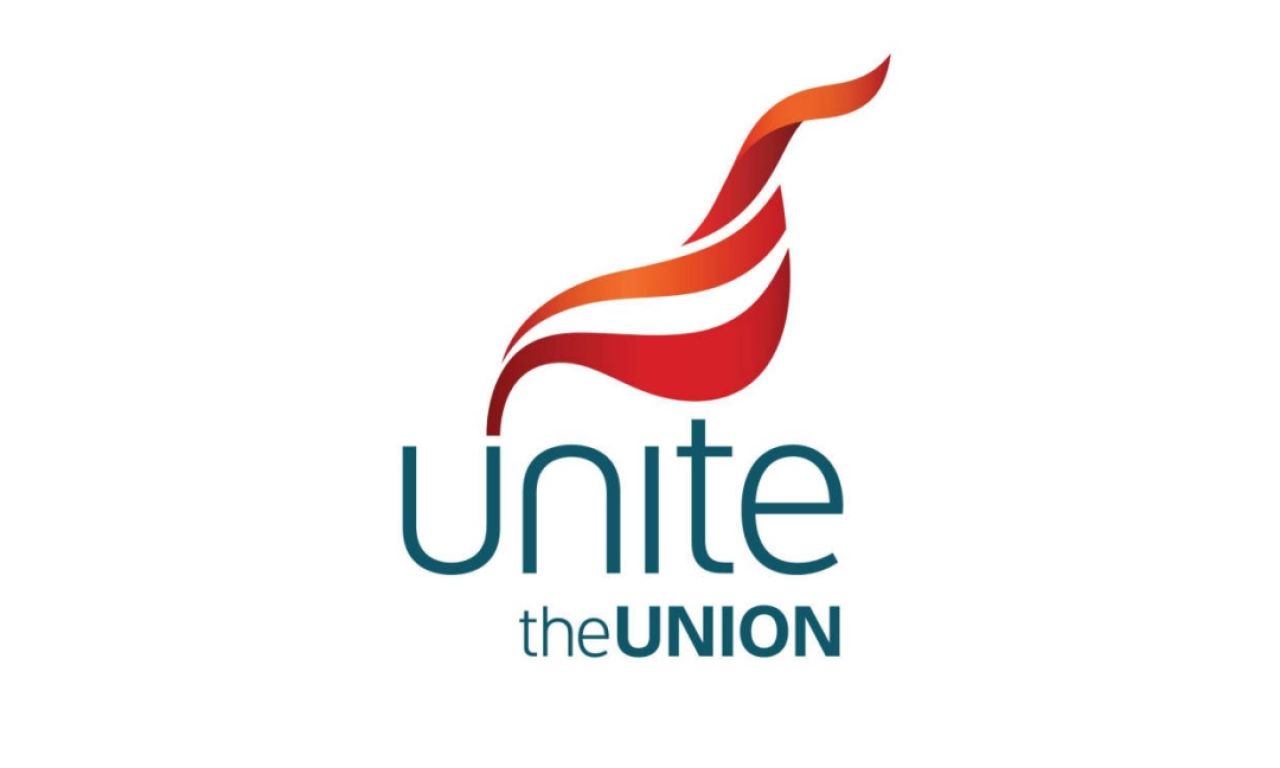Unite Raises Concerns Over Gibraltar Health Authority’s Dispute Resolution Processes

Unite the Union yesterday issued a statement expressing "deep and growing concern" over the Gibraltar Health Authority’s (GHA) handling of grievances and concerns that are raised by union members.
A statement from Unite the Union follows below:
Unite, the union for workers in Gibraltar has today (21st May) expressed deep and growing concern over the Gibraltar Health Authority’s (GHA) handling of grievances and concerns that are raised by union members, including grievances not even being convened or heard. The GHA’s continued lack of transparency and its unwillingness to adhere to established policies and procedures persistently alarms members, many of whom report now feeling discouraged from raising concerns in the future.
Stuart Davies, Unite National Officer stated “It is incredulous that members where they have genuine concerns raise a grievance through the established GHA grievance procedure and these are either sidelined or ignored, with no grievance hearing being convened. This points to a culture where the GHA is not prepared to countenance any employees questioning the decision making processes within the Authority or consider genuinely held concerns.
“It paints the picture of a damaged employee relations framework, the GHA should foster an environment in which employees are encouraged to question and raise issues. Further concerns are evident when the GHA pursues complaints against employees, often transferring them away from their posts or interdicting them for prolonged periods of time, often with no explanation as to why and not posing allegations to the employee, there needs to be a fundamental reset of dispute resolution within the GHA”.
The current collective grievance within the Clinical Care Unit (CCU) is a case in point. In February of this year the union declared a formal trade dispute with the GHA centred on the mishandling of the investigation process and the Authority’s persistent refusal to provide clarity on key aspects of the case.
This lack of open communication, coupled with the failure to follow the recommendations of the investigation, that was triggered as a result of the collective grievance, calls into question the GHA’s grievance process and what mechanisms exist under which workers can effectively raise concerns in a structured manner. This approach has seriously eroded trust within the workforce and undermines the principles of fairness and transparency.
Bochra Lasfar, Unite Regional Officer stated “Our members in the CCU showed great courage in stepping forward to raise the alarm when serious concerns were raised as part of their grievance that directly impacted patient safety. However, the GHA’s refusal to properly address these matters has created an environment where staff fear retaliation making them reluctant to speak up in future.
“Such a scenario, in what should be an environment where challenge and speaking up is encouraged for continuous improvement in the service, is a dangerous development. The complainants have been denied the right of appeal to their collective grievance with management stating that the matter has been dealt with through the disciplinary management guidance. This however does not detract from those named on the collective grievance having the right of appeal under the GHA’s grievance procedure”.
Unite is therefore calling for:-
- A wide-scale review of collective and individual dispute resolution in the GHA including the use of the grievance procedure
- An independent, external review into the handling of the CCU grievance to include whether due process was followed and to ensuring that an appeal is granted to the complainants
Unite the Union continues to seek resolution to these issues through collective dialogue with the GHA, but the constructive nature of that dialogue often does not then reflect in the actions of the employer in the workplace.
Latest News
- Walk The Rock Campaign: Gibraltar Upper Primary Schools Unite For Fitness And Fun
- Gibraltar Connects With Telangana Through Shania’s Miss World Journey
- Minister Bossano’s Address to the UN Special Committee of 24 (Dili, Timor-Leste)
- Convent Marmalade Wins Bronze Award
- Gibraltar Represented at Education World Forum
- Minister Cortes Chairs Government-NASUWT Social Partnership Forum
- Garcia In Washington For Political Meetings
- Unite Raises Concerns Over Gibraltar Health Authority’s Dispute Resolution Processes
- Investigation Launched Following Sudden Death
- Unite the Union - New Executive and New Chair Elected




